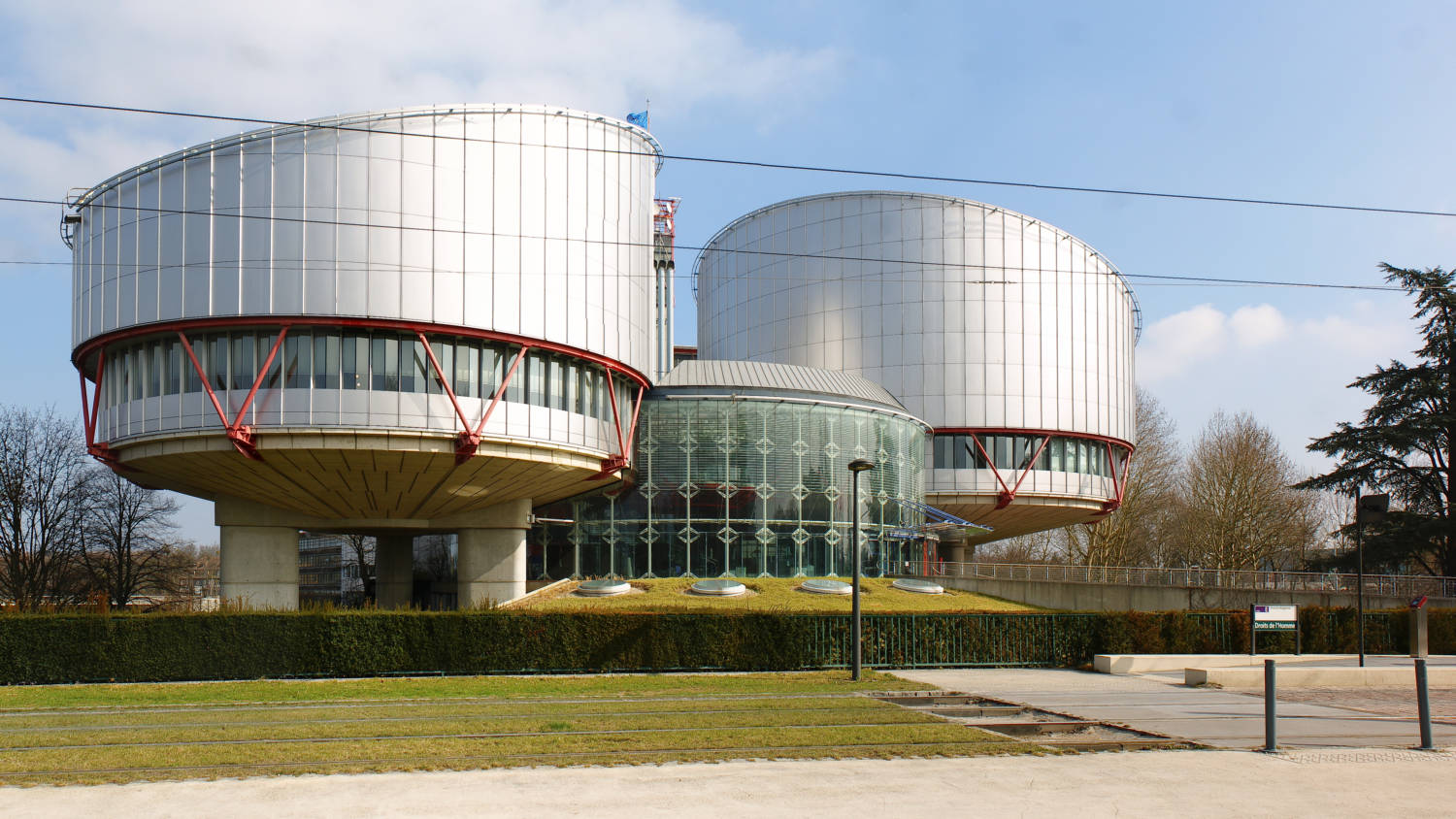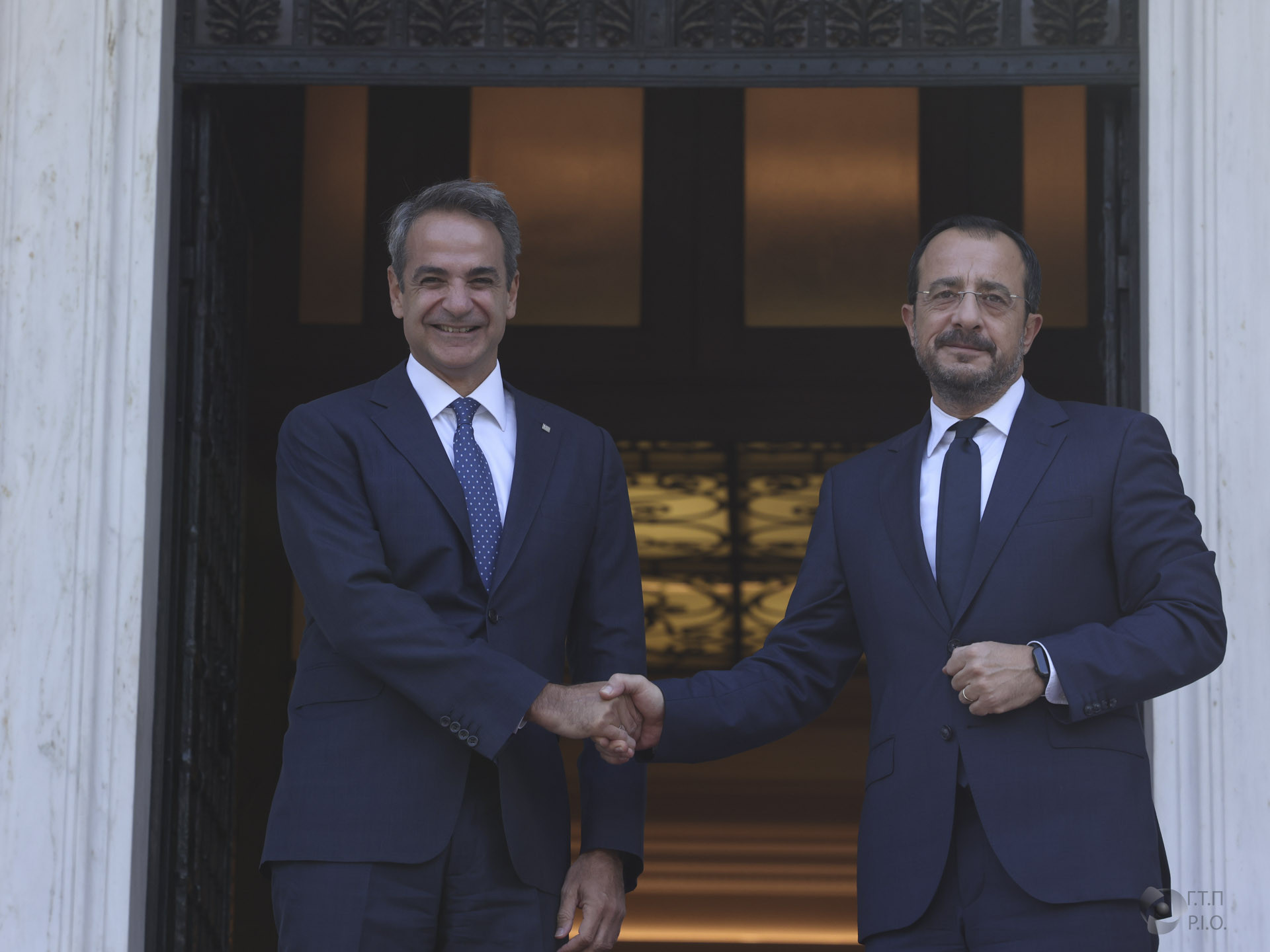They were searching for an alibi and they found it through ECHR
Source: in-cyprus.com
The Turkish side and Turkish Cypriot leadership did not feel particularly comfortable with the limited mobility on the Cyprus issue that emerged following a series of actions by the Greek Cypriot side.
This was because it was well known that the basic aim and pursuit of the Turkish Cypriot leadership was to have an impasse declared and for the United Nations to announce a change in the basis of negotiations, or even better for all concerned, for the change of basis to emerge with Greek Cypriot participation as well.
Looking back a year or more, we can see that the impression was being created that efforts either for a leaders’ meeting or for some form of movement were very difficult, since even Holguin had not managed (at the time) to succeed in her first attempt. If we add to this framework the occasional “admonitions” from domestic and foreign quarters to think “outside the box”, then we can see that what everyone sought was a process that would place the Cyprus issue on a different footing with the assistance of the Greek Cypriot side.
Fortunately, however, the “admonitions” of various well-wishers on the Cyprus issue were not heeded and found no fertile ground either in Nicosia or in New York. This is why both the New York trilateral meeting under the UN Secretary-General and subsequently the informal Geneva conference followed. The Turkish Cypriot leadership and the Turkish side more broadly may have appeared publicly positive regarding the UN Secretary-General’s invitations (since they could not act differently), but they never reconciled themselves to the idea of dialogue on Cyprus.
Meanwhile, on the ground, from the time of Talat onwards, a targeted effort was undertaken to cement fait accomplis through the illegal exploitation of Greek Cypriot properties. This exploitation has continuously faced opposition from Cypriot justice and the laws of the Republic of Cyprus, which (to the disappointment of many) continue to exist.
According to these laws providing for illegal property exploitation, it was inevitable that at some point the appropriators would find themselves before the courts. This development has once again undermined the Turkish side’s objectives of illegally using Greek Cypriot properties to achieve some form of development – something that Mehmet Ali Talat himself acknowledged when he stated that without exploiting Greek Cypriot properties, economic development could not be achieved.
Over all these years, the Turkish side managed to find partial relief from the pressure it faced over the illegal exploitation of Greek Cypriot properties through the European Court of Human Rights by creating the “Immovable Property Commission”, which is considered an internal legal remedy of the administration subordinate to Turkey in the occupied part of Cyprus. Whilst this “commission” may have paid out some millions in its early years of operation, it has never proven in practice to be an effective legal remedy capable of providing satisfactory redress to the demands of Greek Cypriot property owners in the occupied areas.
For years, the Turkish side has been trying to push the property discussion towards the “commission”, which would naturally tailor its decisions according to the requirements of the occupation regime. A characteristic example is the commission’s previous decisions where in areas experiencing development – notably the occupied Kyrenia district – millions were awarded as compensation whilst elsewhere only a few thousand.
The Turkish side had long been seeking an alibi for all its actions, whether regarding negotiations or the illegal exploitation of Greek Cypriot properties. An alibi primarily to present to Turkish Cypriots themselves, but also to those attempting to exploit Greek Cypriot properties.
It found this alibi in the latest European Court of Human Rights decision, once again resorting to selective reading, as it always has. Because this “commission” has never proven to be a truly effective legal remedy, particularly considering that for years it has simply been awarding compensation that it cannot pay. But the Turkish side does not mention this. What matters is escaping pressure either to discuss Cyprus or to end the illegal exploitation of Greek Cypriot properties.
The original article: belongs to in-cyprus.com .



